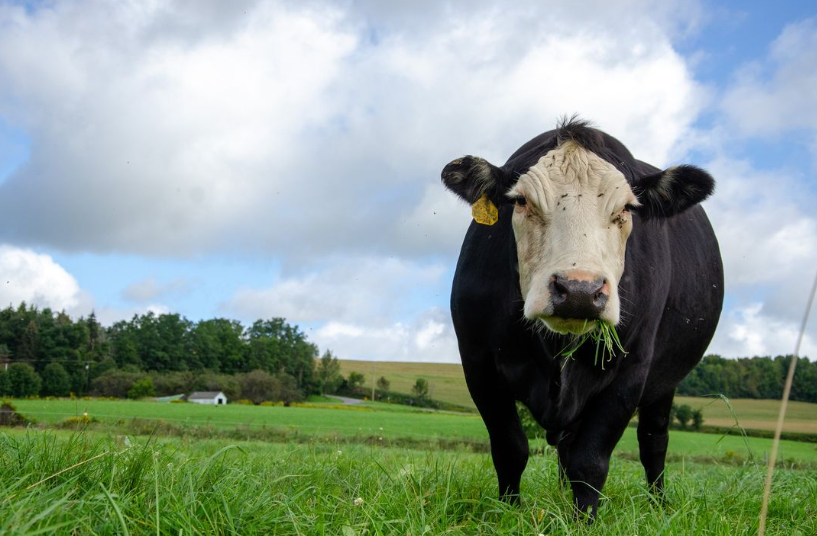Why Grass-Fed Beef Continues To Be Worth The Hype
The benefits of grass-fed beef include nutritional content, animal welfare, environmental impact, and implications for human health.
This is why Wenzel's Farms continues to use only grass-fed and finished beef in their artisanal Nick's Sticks Beef Sticks, made with NO:
• Artificial Dyes
• Artificial Flavours
• Artificial Preservatives
• GMOs
• Soy
• MSG
• Added Sugars
Below are 5 reasons why grass-fed continues to be touted by nutritionists and environmentalists for its benefits to people and the planet!
-
Nutritional Superiority: Grass-fed beef is richer in certain nutrients than its grain-fed counterpart. This includes a higher content of omega-3 fatty acids, which are beneficial for heart health and possess anti-inflammatory properties. It also contains more conjugated linoleic acid (CLA), which research suggests may help protect against cancer, heart disease, and diabetes. Additionally, grass-fed beef has higher levels of beta-carotene and vitamin E, attributed to the cow's diet of fresh, vitamin-rich grasses.
-
Human Health Benefits: Beyond the nutritional content, the method of raising cattle on grass versus grain has implications for human health. Grain-fed cattle, often raised in confined animal feeding operations (CAFOs), are more susceptible to illness, which can lead to the use of antibiotics. This practice has been linked to the development of antibiotic-resistant bacteria strains, posing a risk to human health. Moreover, grain-fed cattle may contribute to food sensitivities in some individuals, as their meat can contain residues from their diet, including corn and soy, which are common allergens.
-
Animal Welfare: Grass-fed cattle typically enjoy better living conditions than those confined in CAFOs. Free to graze, these animals are less likely to suffer from the health issues that plague confined animals, including stress and disease, which are exacerbated by overcrowded living conditions and unnatural diets. The reduced need for antibiotics in grass-fed cattle is both a testament to their healthier living conditions and a step towards more humane animal husbandry practices.
-
Environmental Impact: The production of grass-fed beef is generally considered more environmentally friendly than that of grain-fed beef. This method of farming can lead to reduced use of water, fertilizers, and pesticides needed to grow grain for feed. Furthermore, grazing animals naturally fertilize the land, which can help restore soil health and reduce desertification, contrary to the environmental degradation often associated with conventional beef production methods.
-
Avoidance of GMOs and Pesticides: Given that the majority of grain-fed cattle are fed diets high in genetically modified organisms (GMOs) like corn and soy, which are treated with pesticides, grass-fed beef is less likely to contain these residues. This is not only beneficial for individual health but also reduces the environmental burden associated with pesticide use.
The argument for grass-fed beef centres on a holistic view of food production, emphasizing health, ethics, and environmental sustainability. However, it's important to note that the availability and affordability of grass-fed beef can vary, potentially limiting access for some consumers. Additionally, while grass-fed beef offers many benefits, it's just one component of a diverse, balanced diet and a sustainable food system.
LCG Foods is proud to present Nick's Sticks convenient, tasty and competitively priced Grass-Fed Beef Sticks to our retailers!
Shop Nick's Sticks products here. Get free shipping and exclusive deals on first orders to any new stores! Email us at sales@lccgfoods.ocm for further inquiries or to request samples today.


